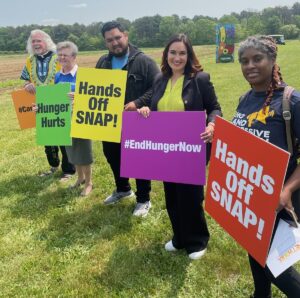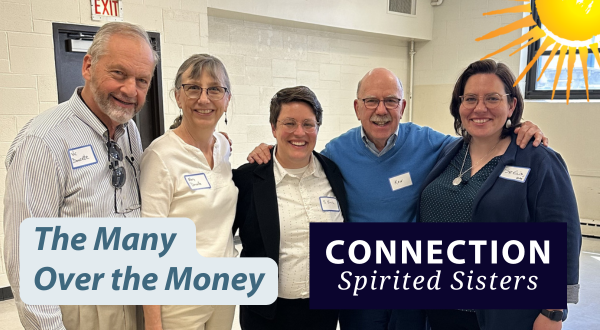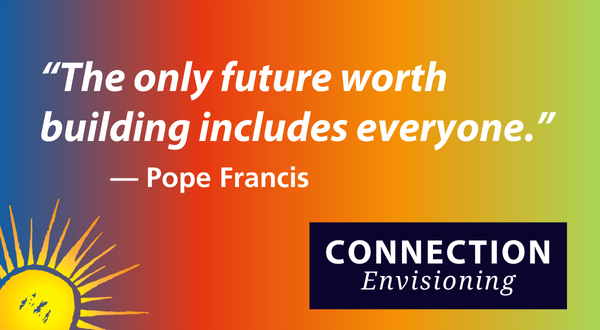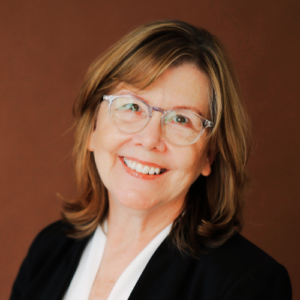Lent 2025: Giving Up Billionaires
Welcome to week 4 of our Lenten series, “Giving Up Billionaires,” as we call on Congress to give up billionaires so our communities can have what we need to thrive. Click here for the rest of our Lenten reflections and actions.

Congress: Keep Our Homes in Our Hands
Sr. Emily TeKolste, SP
March 26, 2025
We could end homelessness in the U.S. for ten years for a cost of $200 billion. Over those same ten years, we could generate $1.4 trillion with a 2% tax on wealth over $1 billion.
Here’s the math: With that simple 2% tax on all wealth over $1 billion, we could provide housing for every single person in the United States – and we would still have $1.2 trillion left to invest in our communities!
Yet, homelessness is at a record high, and one in three households are “housing cost burdened” — forced to spend disproportionate parts of our income on rent or mortgage payments. This is because some members of Congress choose tax cuts for their ultra-wealthy backers instead of funding programs that would make housing more affordable for all of us.
Take action
- Call your House Member at 1-888-897-9753 to ensure that Congress does not cut our Medicaid and SNAP to give tax breaks to the ultra-wealthy and to pay for deporting our neighbors in the budget reconciliation bill.
- Spread the word. Save the image that I’ve placed below to your computer or phone and share it on social media and in emails to friends and family.
- Write a letter to the editor (LTE) calling Congress to reject the budget proposal. LTEs are one of the most effective tactics for advocacy we have. Join us on Thursday, April 10 at 7:00 PM Eastern / 4:00 PM Pacific at our LTE training to learn some LTE best practices.
Find more LTE and social media guidance in our Lent toolkit.
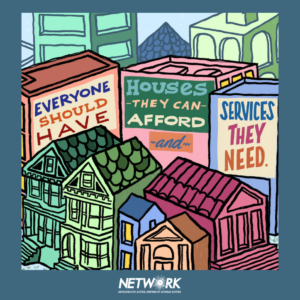 The ultra-wealthy and the politicians they fund aren’t just blocking housing solutions, they are also actively making housing more unaffordable by allowing investors to buy up houses in our neighborhoods for their own profit, not to inhabit. In the first three months of 2024, investors bought up to 20% of homes in some markets. These investors drive first-time homebuyers out of the market, forcing them to rent from the investor-owners who hike up the cost of rent.
The ultra-wealthy and the politicians they fund aren’t just blocking housing solutions, they are also actively making housing more unaffordable by allowing investors to buy up houses in our neighborhoods for their own profit, not to inhabit. In the first three months of 2024, investors bought up to 20% of homes in some markets. These investors drive first-time homebuyers out of the market, forcing them to rent from the investor-owners who hike up the cost of rent.
While those wealthy investors buy up our homes and line their pockets with our money, many of our neighbors are left out in the cold. Currently, there are 28 vacant homes for every one person facing homelessness.
Catholic teaching affirms that stable housing is a basic human right for everyone. Together, we will elect leaders who will prevent the ultra-wealthy from controlling our neighborhoods and hoarding our resources, and instead make housing security a reality for all of us.
TAKE ACTION: Call your House member today at 1-888-897-9753 and tell them to protect SNAP and Medicaid and reject tax cuts for billionaires in the budget proposal! Then, use our Lent toolkit to write a letter to the editor (LTE) calling Congress to reject the budget proposal.
NETWORK has more shareable content, sample social media posts, and LTE guidance for you in our Lent Toolkit.
Sr. Emily TeKolste, SP is NETWORK’s Grassroots Mobilization Coordinator. To read more, check out her column in Global Sisters Report, “The existence of billionaires is immoral.”







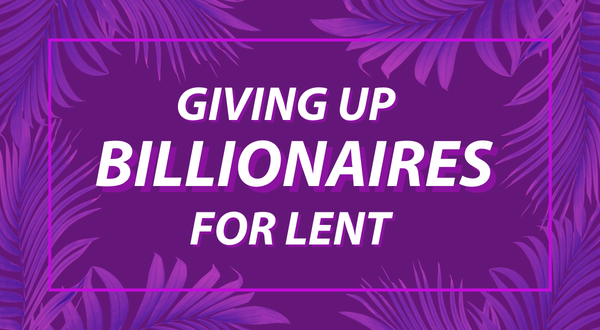

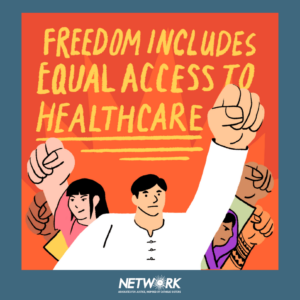
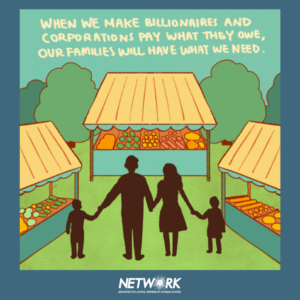
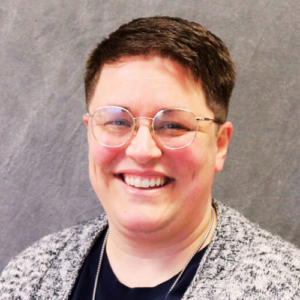 Sr. Emily TeKolste, SP is NETWORK’s Grassroots Mobilization Coordinator. To read more, check out her column in Global Sisters Report,
Sr. Emily TeKolste, SP is NETWORK’s Grassroots Mobilization Coordinator. To read more, check out her column in Global Sisters Report, 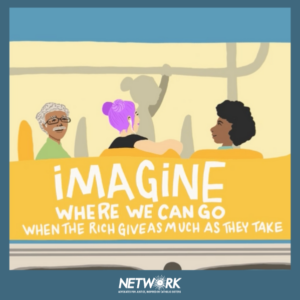
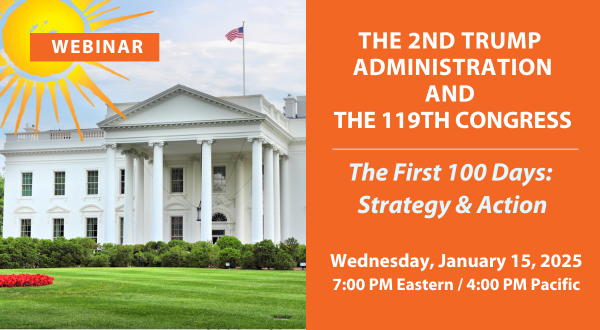
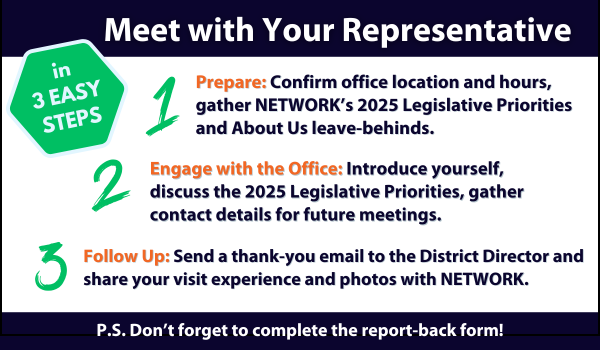
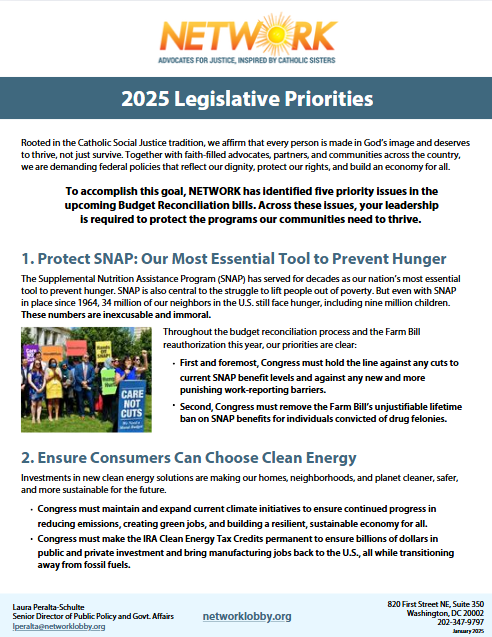
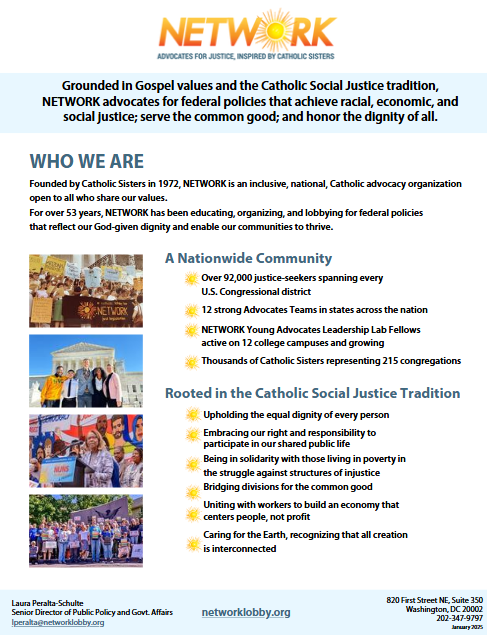
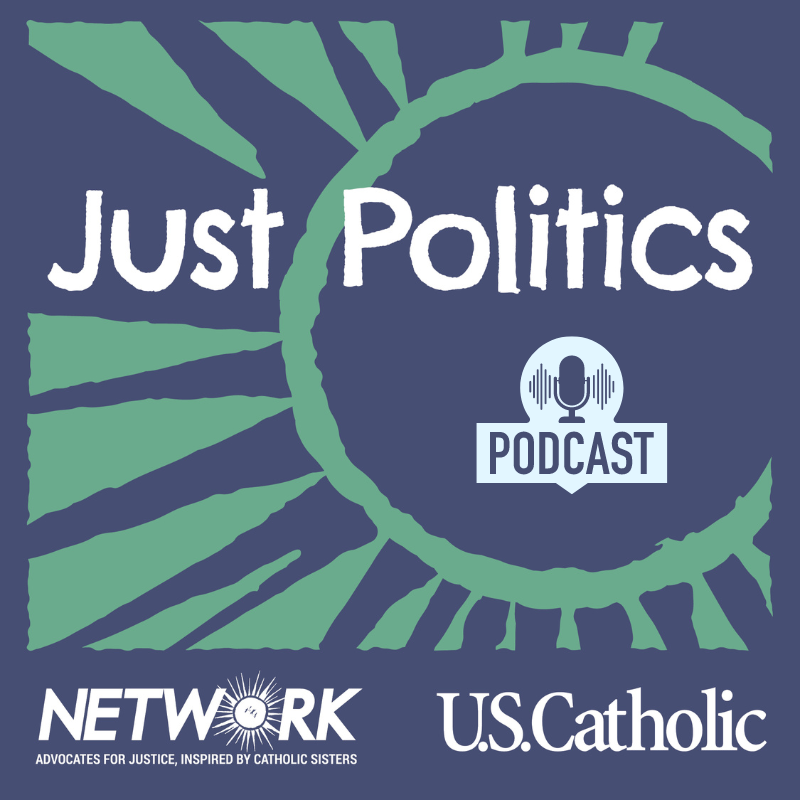
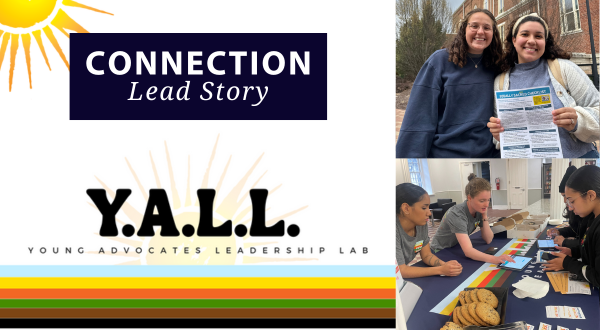


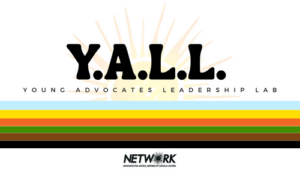
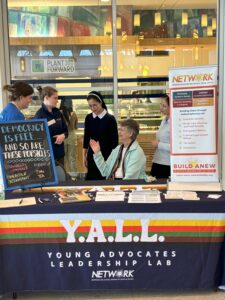
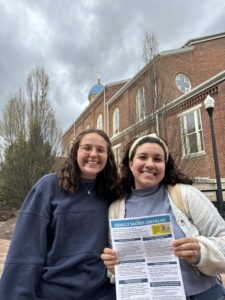

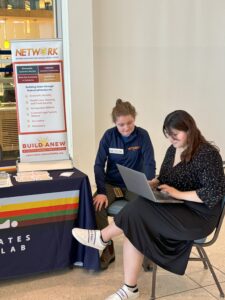

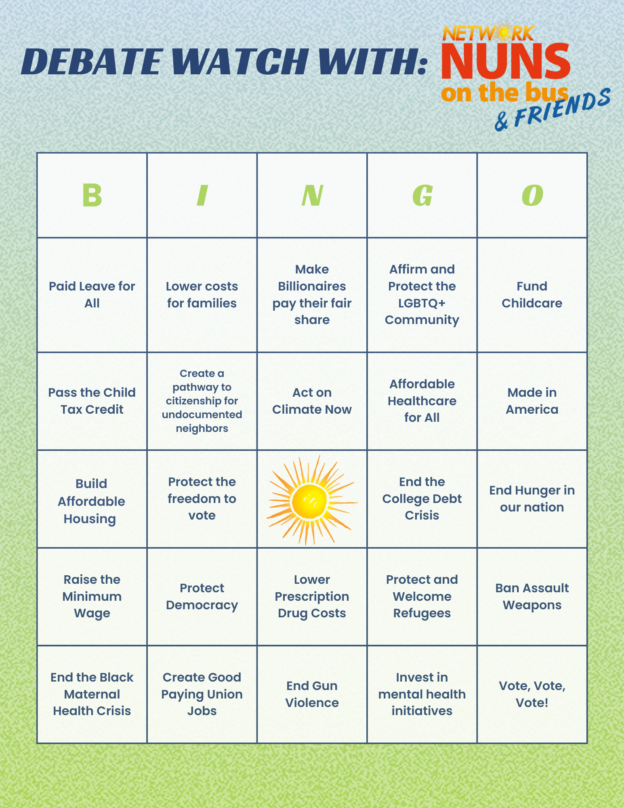
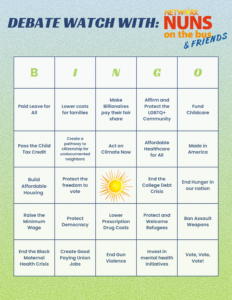


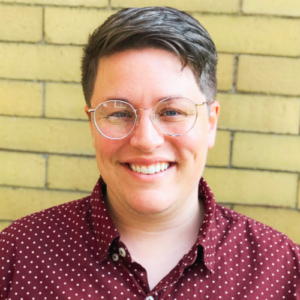
 Big corporations made $2.5 trillion in profits in 2021 alone, their most profitable year since 1950—and corporate food executives still raised prices.
Big corporations made $2.5 trillion in profits in 2021 alone, their most profitable year since 1950—and corporate food executives still raised prices.
